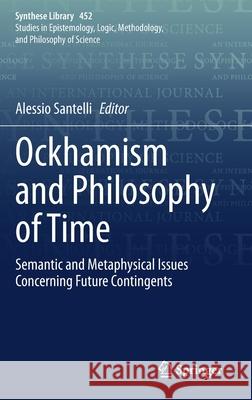Ockhamism and Philosophy of Time: Semantic and Metaphysical Issues Concerning Future Contingents » książka
topmenu
Ockhamism and Philosophy of Time: Semantic and Metaphysical Issues Concerning Future Contingents
ISBN-13: 9783030903589 / Angielski / Twarda / 2022 / 184 str.
Ockhamism and Philosophy of Time: Semantic and Metaphysical Issues Concerning Future Contingents
ISBN-13: 9783030903589 / Angielski / Twarda / 2022 / 184 str.
cena 603,81
(netto: 575,06 VAT: 5%)
Najniższa cena z 30 dni: 539,74
(netto: 575,06 VAT: 5%)
Najniższa cena z 30 dni: 539,74
Termin realizacji zamówienia:
ok. 22 dni roboczych.
ok. 22 dni roboczych.
Darmowa dostawa!
Kategorie BISAC:
Wydawca:
Springer
Język:
Angielski
ISBN-13:
9783030903589
Rok wydania:
2022
Ilość stron:
184
Waga:
0.43 kg
Wymiary:
23.39 x 15.6 x 1.27
Oprawa:
Twarda
Wolumenów:
01
Dodatkowe informacje:
Wydanie ilustrowane











